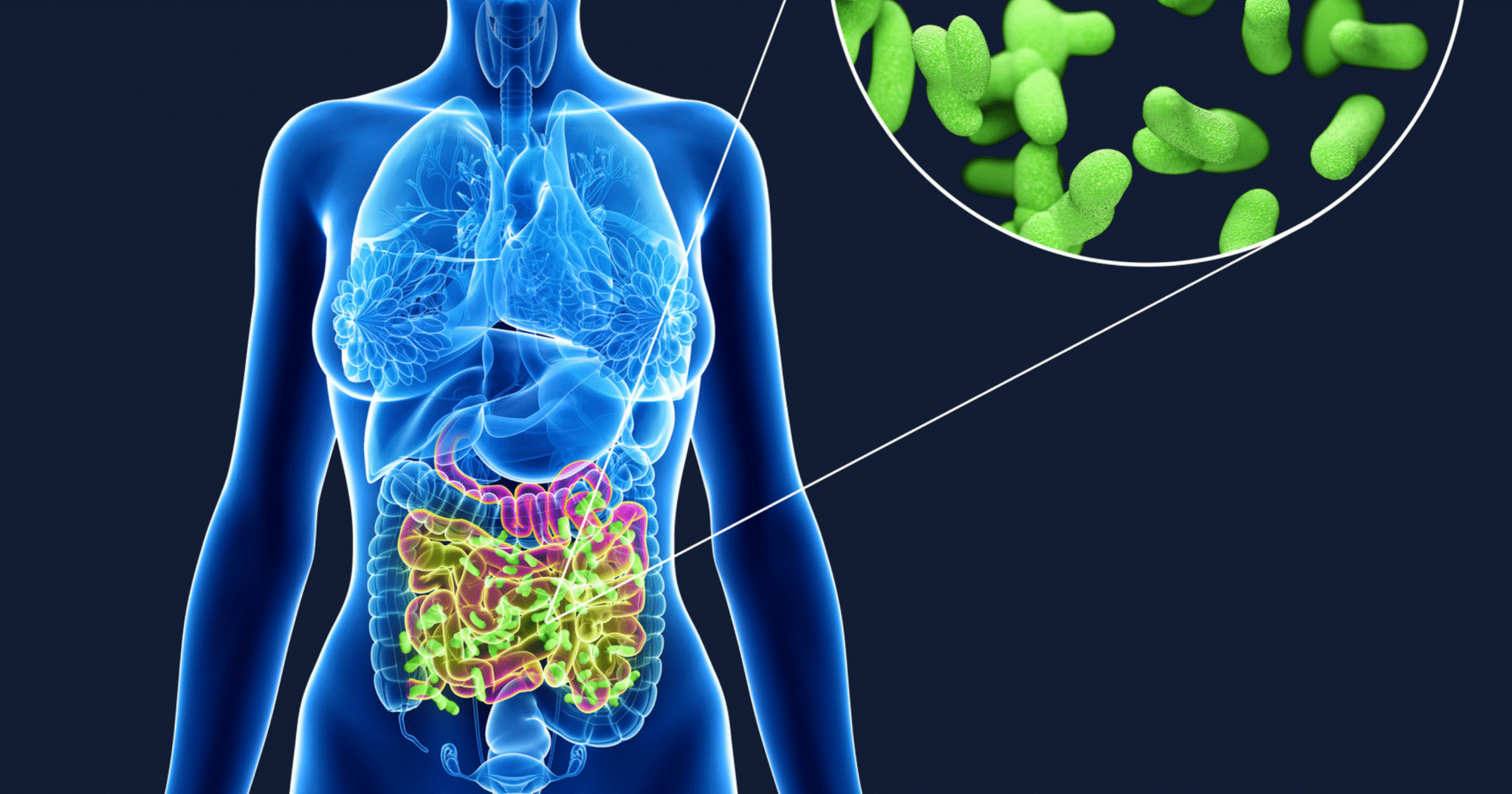
Probiotics & Prebiotics: What’s the Difference?
You've probably heard of probiotics and their numerous health benefits. But have you heard of prebiotics?
They might sound similar, but they have very different roles for human health!

According to the 2012 National Health Interview Survey (NHIS), probiotics were the third most commonly used dietary supplement, behind vitamins and minerals. (1) So more than likely, you’ve heard a lot about probiotics and their numerous health benefits. But have you heard of prebiotics? They might sound similar, but they have very different roles for human health!
Probiotics vs. Prebiotics
Probiotics are a variety of live microorganisms, aka “good” bacteria, that help to maintain digestive health and can also support the immune system. The most common probiotic bacteria are Lactobacillus and Bifidobacterium.
Prebiotics are nondigestible food substances that mostly come from certain types of carbohydrates (mainly fiber) which stimulate the growth of these live microorganisms. Humans are unable to digest these substances, but the good bacteria in your gut eat this fiber.
Why should I care about my gut bacteria?
The digestive system (gut) was designed to break down food, absorb nutrients, and turn them into energy. (2)
If there are good bacteria, that means there are bad bacteria. Good bacteria help to protect your body from harmful bacteria and disease. Studies also show that an imbalance of bacteria in the gut can create gastrointestinal issues such as bloating, abdominal pain, diarrhea, and Inflammatory bowel disease (IBD). (3)
Consuming a balanced amount of probiotics and prebiotics will ensure that your gut bacteria (or gut flora) can provide a variety of health benefits!
Health benefits include:
• Enhanced immune function
• Improved digestion
• Promote heart health
• Can help reduce the severity of certain allergies
• Improve some mental health conditions
•. Promotes healthy skin
• Can help prevent Urinary Tract Infections (UTI’s)
… and so much more!
How can incorporate probiotics and prebiotics into my daily routine?
Getting probiotics from supplements is the most common, but you can also get them from fermented foods!
• Kefir
• Yogurt
• Sauerkraut
• Kombucha
• Pickles
• Tempeh
• Kimchi
Prebiotics are found in:
• Onions
• Leeks
• Chicory root
• Garlic
• Bananas
• Jerusalem artichokes
• Honey
If you are interested in knowing more about the benefits of chiropractic care or whether or not it is the right treatment for you, schedule your New Patient Special!


Probiotics & Prebiotics: What’s the Difference?
You've probably heard of probiotics and their numerous health benefits. But have you heard of prebiotics? They might sound similar, but they have very different roles for human health!

According to the 2012 National Health Interview Survey (NHIS), probiotics were the third most commonly used dietary supplement, behind vitamins and minerals. (1) So more than likely, you’ve heard a lot about probiotics and their numerous health benefits. But have you heard of prebiotics? They might sound similar, but they have very different roles for human health!
Probiotics vs. Prebiotics
Probiotics are a variety of live microorganisms, aka “good” bacteria, that help to maintain digestive health and can also support the immune system. The most common probiotic bacteria are Lactobacillus and Bifidobacterium.
Prebiotics are nondigestible food substances that mostly come from certain types of carbohydrates (mainly fiber) which stimulate the growth of these live microorganisms. Humans are unable to digest these substances, but the good bacteria in your gut eat this fiber.
Why should I care about my gut bacteria?
The digestive system (gut) was designed to break down food, absorb nutrients, and turn them into energy. (2)
If there are good bacteria, that means there are bad bacteria. Good bacteria help to protect your body from harmful bacteria and disease. Studies also show that an imbalance of bacteria in the gut can create gastrointestinal issues such as bloating, abdominal pain, diarrhea, and Inflammatory bowel disease (IBD). (3)
Consuming a balanced amount of probiotics and prebiotics will ensure that your gut bacteria (or gut flora) can provide a variety of health benefits!
Health benefits include:
• Enhanced immune function
• Improved digestion
• Promote heart health
• Can help reduce the severity of certain allergies
• Improve some mental health conditions
•. Promotes healthy skin
• Can help prevent Urinary Tract Infections (UTI’s)
… and so much more!
How can incorporate probiotics and prebiotics into my daily routine?
Getting probiotics from supplements is the most common, but you can also get them from fermented foods!
• Kefir
• Yogurt
• Sauerkraut
• Kombucha
• Pickles
• Tempeh
• Kimchi
Prebiotics are found in:
• Onions
• Leeks
• Chicory root
• Garlic
• Bananas
• Jerusalem artichokes
• Honey


